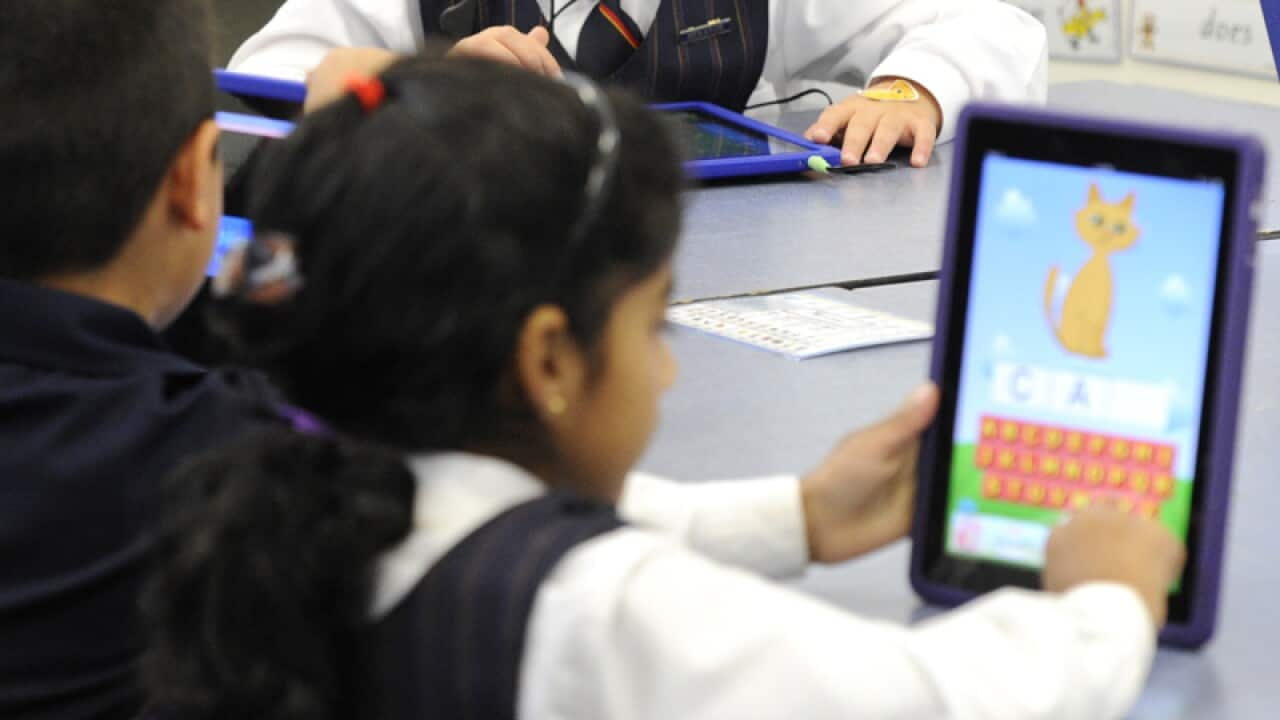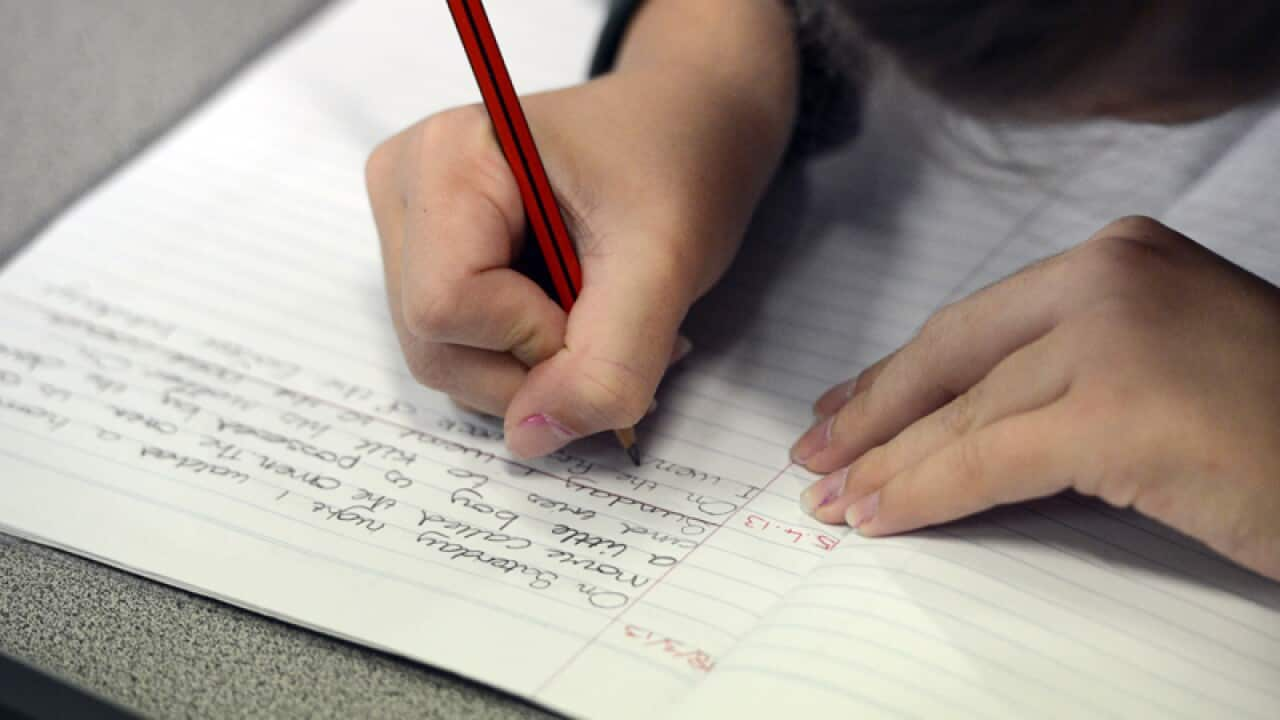"Plan to start from the day your baby is born: speak, read and sing to your child in both languages, every day." – Lis
"We brought up our kids as bilingual using the one-parent-one-language technique. Our dinner table is mishmash of languages and often conversation is carried out in Japanese and English with sprinkle of Urdu in between. However when it comes to conversation with the kids, rules are strictly followed and no exceptions made." – Rashid.
"Make mistakes. When I read a story or I sing a song, I will change it to say something silly. They will correct me right away." – Filipa
"I've found music a great tool for language development. My tip is music in your car!" – Maria
Part one in the series

Education system, social attitudes to blame for low bilingualism rates: experts
"Invite their friends over to make food that comes from that culture, or make crafts from that country. Teach the friends some words in the 'other' language - make it fun! That way, your child won't feel 'weird' speaking in another language at home and also won't be embarrassed because their friends will think it's cool!" – Lis
"The key for bringing up multilingual children is having a plan and sticking to it. I've always spoken Spanish with them and my wife, French. They learnt English in the school and street. They are now fully trilingual. They ONLY respond to me in Spanish and to my wife in French. They speak among themselves in English." – Eduardo
"When I read a story or I sing a song, I will change it to say something silly. They will correct me right away."
"Outside of the home, let the children speak whatever language is most prevalent but at home you are only allowed to speak your native language. And never break that rule - even you as a parent." – Shadi
"Celebrate [language] and lift those kids'/adults' self-esteem. Let them know that they are an asset and that linguistic skills are of worth!" – Dianna
Part two in the series

What does it take to raise bilingual children?
"Keeping in touch with Polish community in Adelaide, attending Polish church and taking part in Polish poetry competitions, where children had to memorise a few poems in Polish and then compete with others onstage, had a great impact on them being bilingual." – Gosia
"We read in Serbian to them, we take them to the Serbian puppet theatre (overseas) and we listen to the Serbian kids' songs. There is no situation where we do not speak our language. Even if the kids speak English to us, we just continue looking at them blankly saying that we do not understand them, and if they do not know the exact meaning they either describe it or draw it or find a picture." – Ivana
"No TV and lots of reading out loud with expression." – Chris
"We are lucky to have South American friends who have same age children. We try to organise playdates at least once a month." – Filipa
Part three in the series

Language learning in schools: Are we wasting our children's potential?
"If the parents happen to speak several languages themselves, a good system is to agree within the family that Monday we'll speak only French, Tuesday only Italian, Wednesday Spanish, etc."– Sten
"Make it fun by getting children's books, DVDs, etc. These days it's so easy to tap into the German TV channels via the internet and there are so many fun and interesting children's series and movies." – Jana
"It is not an easy thing to accomplish having a second language but well worth the effort in the long term and it certainly has given my family the diversity that I desired, as we know the world is not monolingual. I also believe that it doesn’t matter what language you learn as any second language is a gift." - Kathy
Part four in the series

Calls for increased mother-tongue education for Indigenous school students
